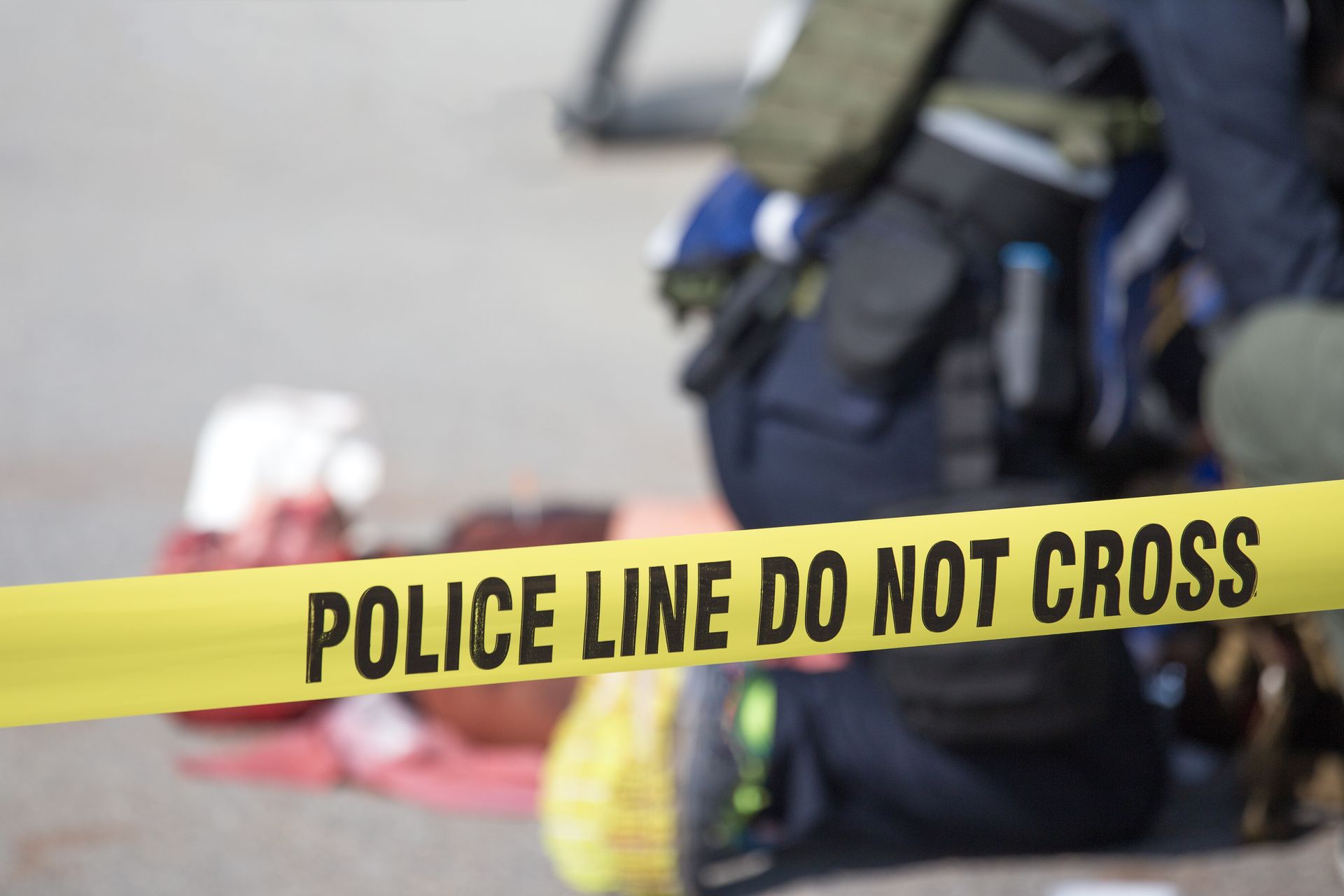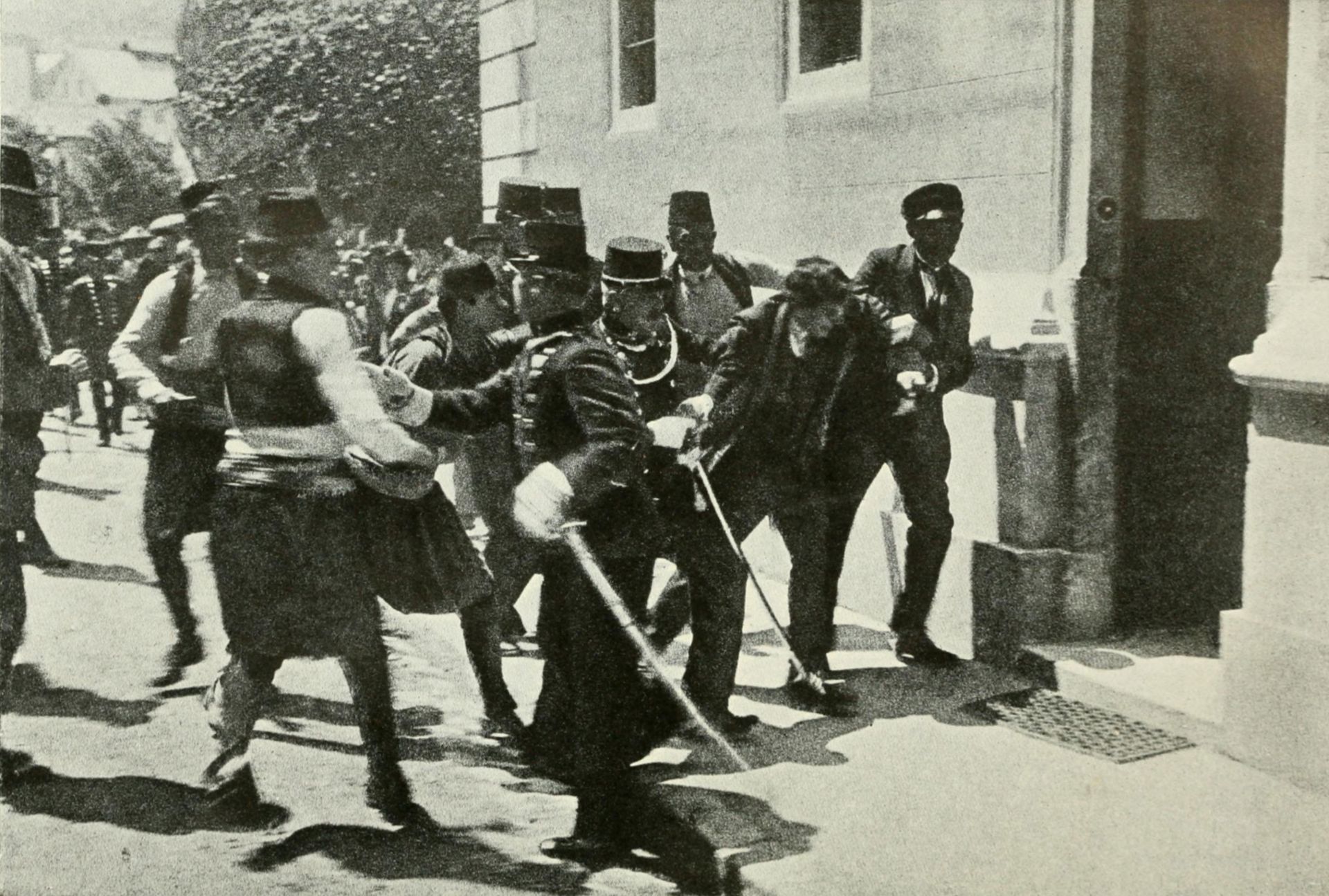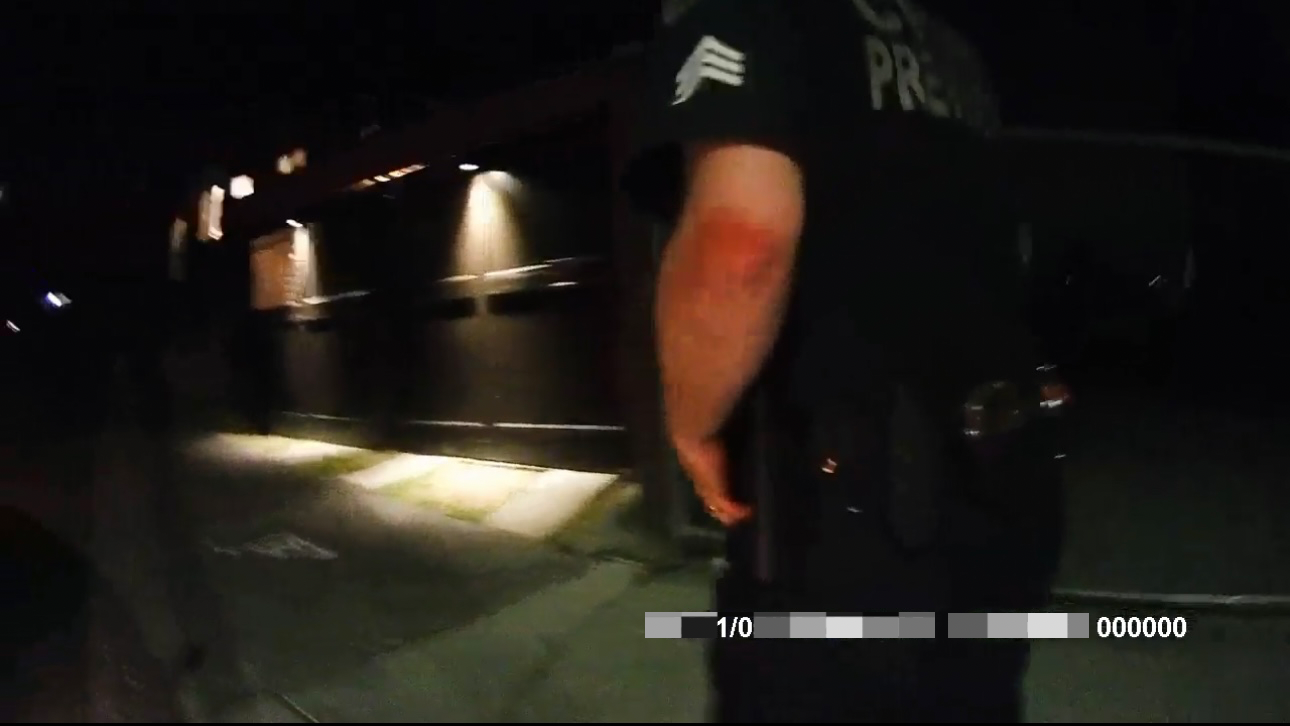BLOG
BLOG

By Owen Valor
•
November 27, 2021
For years, many have been intrigued by the concept of authority and power that comes with being in law enforcement. For some, this fascination manifests in a desire to become 'cop wannabes.' This interest can range from harmless emulation to impersonating law enforcement officers, leading to potential harm and legal complications. One such infamous case is that of Jeremy Dewitte, a Florida man with a long history of impersonating law enforcement. Dewitte's actions garnered widespread attention when videos of him masquerading as a police officer and conducting 'motorcade escorts' surfaced on the internet. His audacious disregard for the law reached a point where he wore full law enforcement attire, replete with badges and a duty belt. Dewitte’s case exemplifies how an unchecked fascination can spiral into dangerous, and illegal, behavior. The motives behind these impersonations can be multifaceted. Some individuals are drawn to the respect and deference that society typically grants to law enforcement officers. Others may crave the thrill and excitement they perceive as part of the job. For some, it may stem from a deep-seated need for control or power. Understanding these motivations is crucial in curbing potential missteps. John Barrile, Ph.D., and Susan Hilal, Ph.D., studied law enforcement impersonation in a comprehensive study titled "Police Impersonators: Psychopathology, Fantasy, and Compulsion". They found that most impersonators possess a 'power/control' motive. This motive is derived from the impersonators' perception that law enforcement officers wield substantial power, leading them to mimic these roles. Impersonators often exhibit certain characteristics or traits that can be identified during a comprehensive screening process. They may demonstrate a high degree of interest in law enforcement paraphernalia and will often go to great lengths to obtain these items. Their behavior may appear extreme compared to their peers, showing excessive enthusiasm or obsession with law enforcement activities. Moreover, they might demonstrate a lack of understanding or respect for the boundaries that differentiate law enforcement officers from security personnel or ordinary citizens. This could be observed through their conversations, actions, or reactions in scenarios involving police officers. However, it's crucial to note that impersonators aren't always easily identifiable. They can be charismatic, often capable of blending into their environments seamlessly. As shown in the Dewitte case, impersonators can deceive many people, including trained law enforcement officers, for prolonged periods before their ruse is discovered. Addressing the issue of 'cop wannabes' requires a multifaceted approach. It's not just about identifying potential impersonators but also about taking proactive steps to deter such behavior. Strict policies and regulations, effective screening and hiring practices, ongoing training and development, and robust oversight mechanisms can all play significant roles in ensuring that individuals with 'cop wannabe' tendencies are either reformed or prevented from entering the security industry in the first place. While the fascination some individuals have for law enforcement is not inherently harmful, it's essential that security companies remain vigilant. Understanding the signs and addressing this issue effectively can ensure a safer and more reliable security industry. We must never lose sight of the fact that the primary purpose of security personnel is to protect and serve - not to simulate the police. Remember, each case is unique, and understanding the underlying motives of 'cop wannabes' is just as critical as recognizing their behavior. The balance lies in fostering respect for law enforcement without allowing it to cross the line into obsession and impersonation. As the saying goes, "Imitation is the sincerest form of flattery," but in the case of law enforcement, this imitation can have serious consequences. For more insights on how we can maintain professional boundaries and standards in the security industry, check out our related post: ' Blue Dreams Across the Line: When Security Guards Overstep Boundaries .






